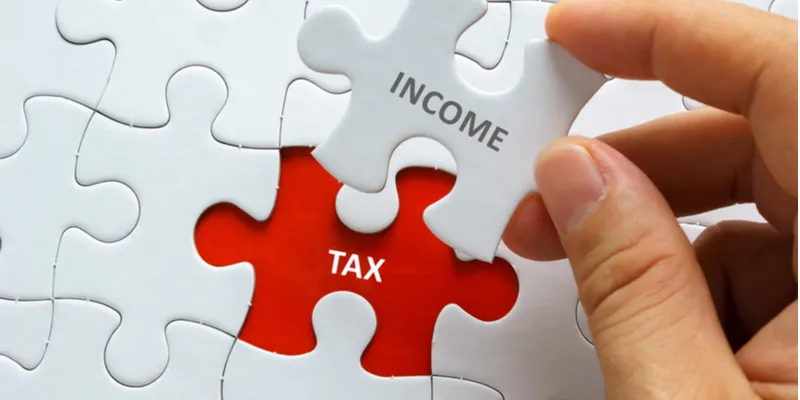I-T dept functionality to identify non-filers on whom higher TDS will be levied from Jul 1
The TDS deductors and TCS collectors would be required to check on the functionality of the PAN of the vendor from whom TDS is to be deducted or TCS to be collected, only at the beginning of the financial year.
The income tax department on Tuesday said its new utility developed to help TDS deductors and TCS collectors identify non-filers or "specified persons" on whom higher rate of taxes will be levied will help ease compliance burden.
From July 1, non-filers of income tax returns for the past two fiscal years would be subjected to higher tax deducted at source (TDS) and tax collected at source (TCS) rate if such tax deduction was Rs 50,000 or more in each of those two years. The provision was introduced in the 2021 Budget.
The TDS deductors and TCS collectors would be required to check on the functionality of the PAN of the vendor from whom TDS is to be deducted or TCS to be collected, only at the beginning of the financial year.
The Central Board of Direct Taxes (CBDT) had on Monday issued a circular on the implementation of Sections 206AB and 206CCA with respect to higher tax deduction/collection for certain non-filers.

In a statement on Tuesday, the CBDT further said that to implement these two provisions, tax deductor or collector was required to do a due diligence of satisfying himself if the deductee or collectee is a 'specified person'. This would have resulted in extra compliance burden on such tax deductor or collector.
"To ease this compliance burden, the Central Board of Direct Taxes has issued a new functionality "Compliance Check for Sections 206AB & 206CCA". This functionality is already functioning through reporting portal of the income tax department (https://report.insight.gov.in)," the statement added.
The tax deductor or collector can feed the single PAN (PAN search) or multiple PANs (bulk search) of the deductee or coIIectee on the portal and can get a response from the functionality if such deductee or collectee is a 'specified person'.
For PAN search, response will be visible on the screen that can be downloaded in the PDF format. For bulk search, response would be in the form of downloadable file which can be kept for record, the CBDT added.
"The functionality has eased the burden of the tax deductors/collectors by ensuring that the deductors/collectors need to check the PAN in the functionality at the beginning of the financial year without there being any need to check the PAN of the non-specified person again during that financial year.
"With this new functionality, the government has reiterated its commitment to ease the compliance burden of taxpayers," it said.
The income tax department has prepared a list of "specified persons" at the beginning of financial year 2021-22, taking 2018-19 and 2019-20 as the two relevant previous years.
The list contains names of taxpayers who did not file return of income for both assessment years 2019-20 and 2020-21, and have aggregate TDS and TCS of Rs 50,000 or more in each of these two previous years.
Nangia Andersen LLP Partner Sandeep Jhunjhuwala said that as per the logic of the functionality, a list of non-specified persons would get freezed at the beginning of the financial year. The specified persons could, however, become non-specified persons during the course of the fiscal year.
In detailing out various situations where this could be possible, the CBDT has explained that where a specified person files a valid return for the assessment year 2019-20 or 2020-21 during FY 2021-22, that name would be removed from the list of specified persons on the date of filing the return.
"This could be ultra vires the IT Act as the provisions of Section 206AB and Section 206CCA require the return to be filed within Section 139(1) timeline.
"Any return filed for AY 2019-20 or AY 2020-21 in FY 2021-22 would be a belated or revised return and would not be a 139(1) return and hence, such person may continue to remain a specified person," he added.
Edited by Anju Narayanan








